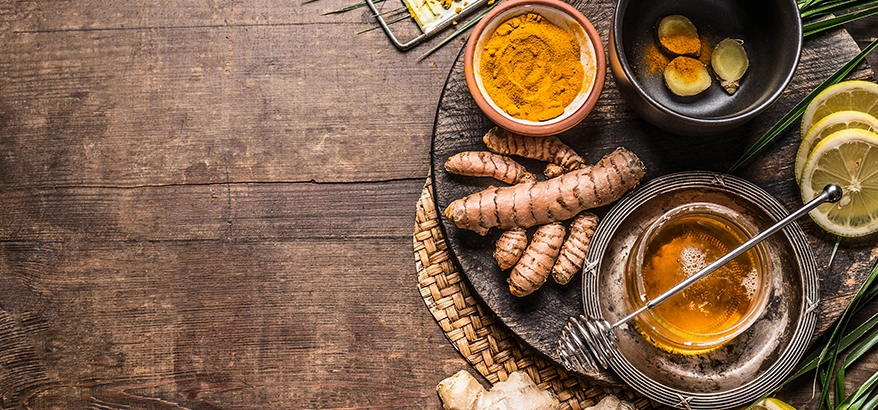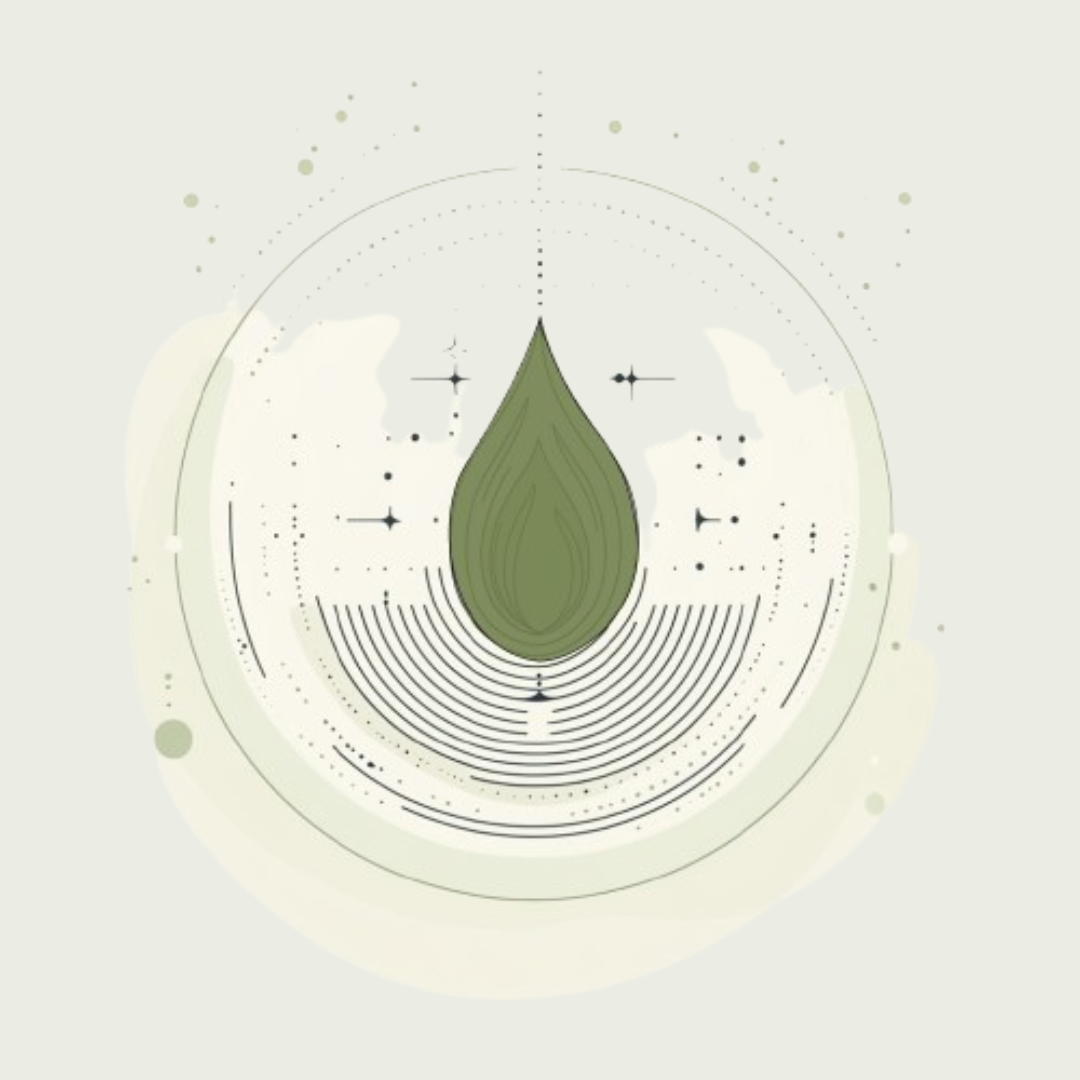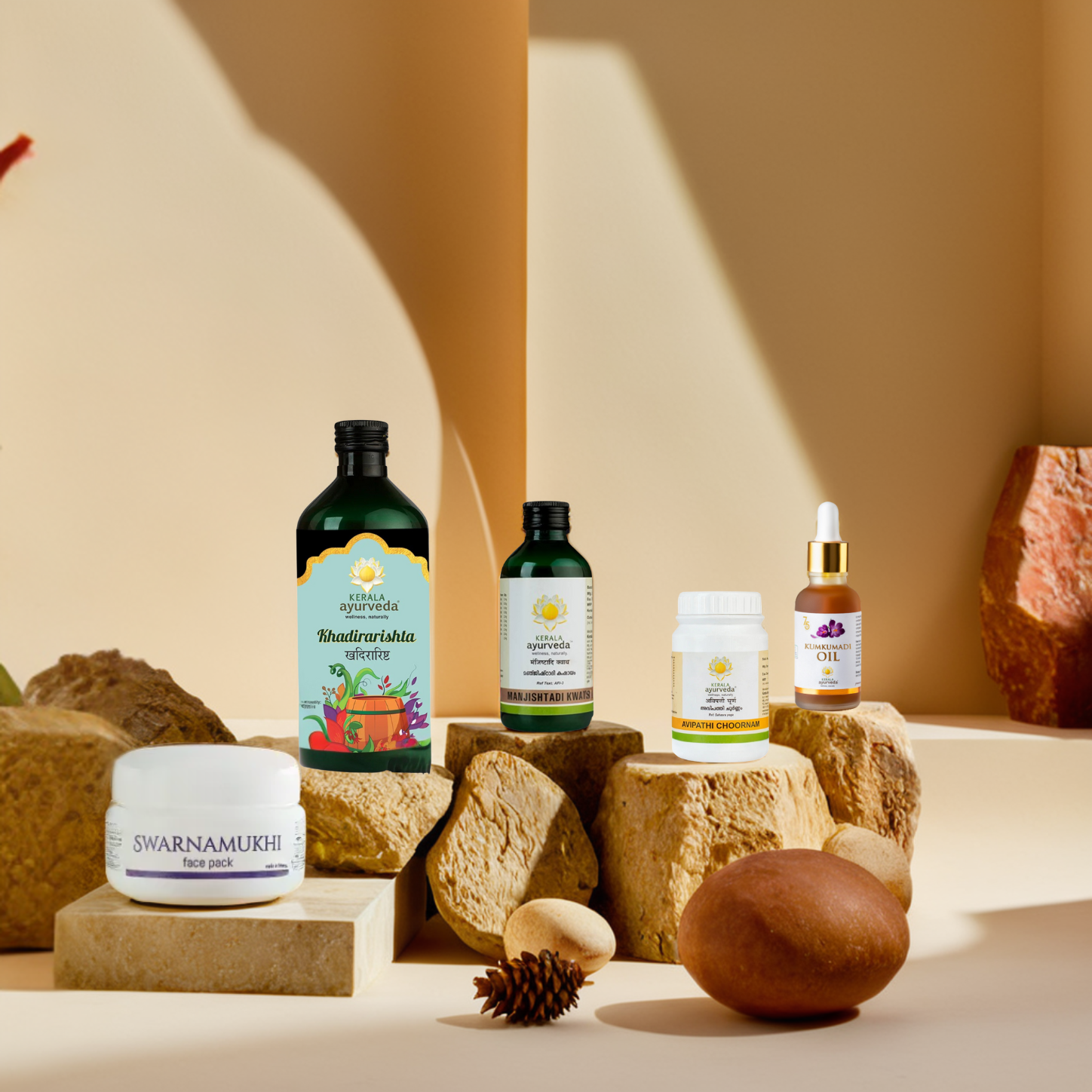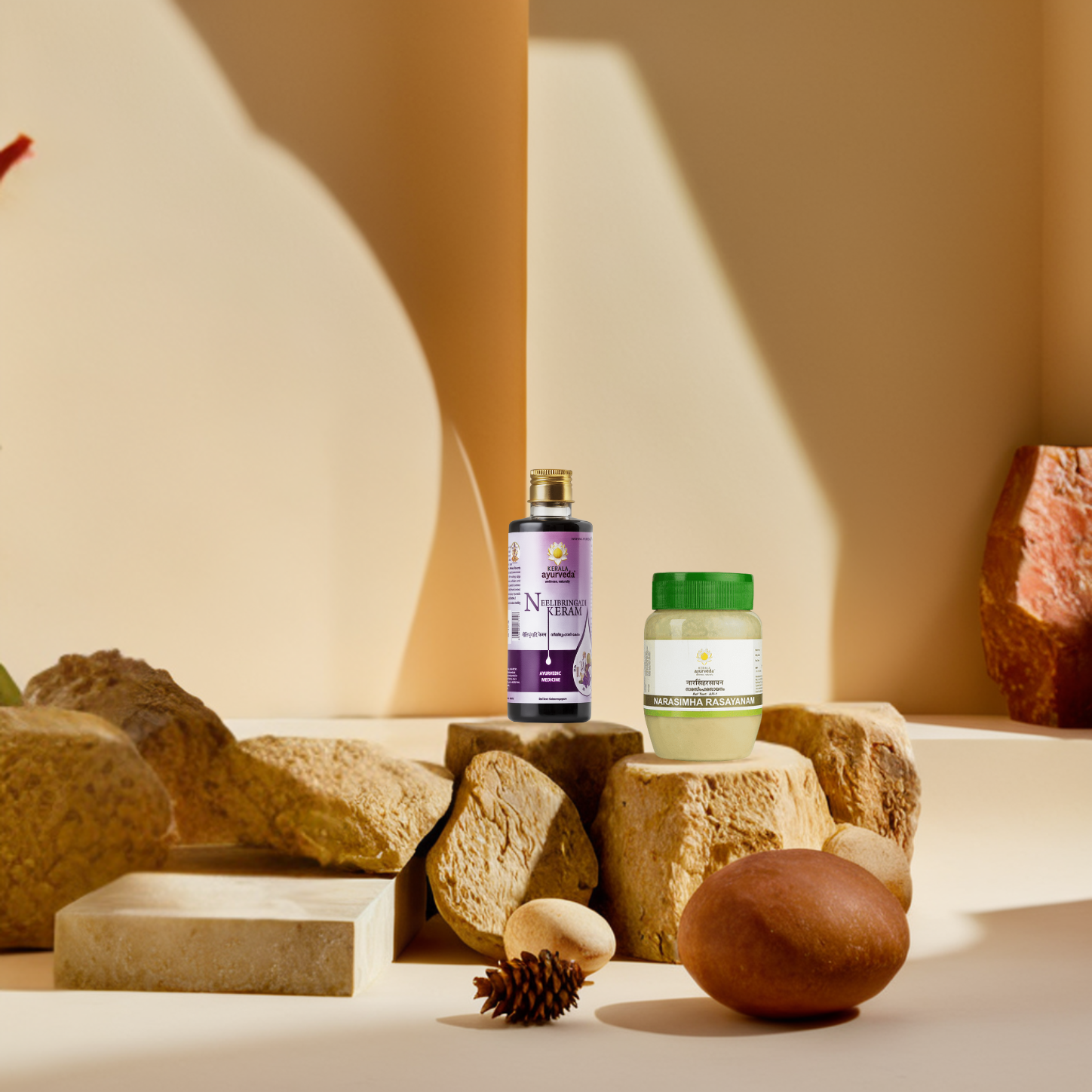What is Innate Immunity?
The idea of immunity in humans may seem simple. However, it can be more vast than it appears.
There are three different types of immunities in humans, and innate immunity is one.
As awareness of innate immunity is crucial, we are discussing it in detail in this blog. You will find innate immunity definition and innate immunity examples here.
So, buckle up and read on.
What is Innate Immunity?
Innate immunity definition: Innate immunity refers to the body’s defense mechanism that humans are born with. It protects us from antigens. The main role of innate immunity is to safeguard us from harmful materials that may enter our bodies and affect our health. Innate immunity makes the first line of defense in our immune system.
Types of Innate Immunity
The innate immunity in humans comprises the following four layers of defense:
- Anatomic (skin and mucous membrane)
- Physiologic (temperature, low pH and chemical mediators)
- Endocytic and phagocytic
- Inflammatory
In the following sections, let’s discuss these four layers of defense in brief.
Anatomic Layer
The anatomic layer is a part of the innate immunity mechanism. It includes the skin, gastrointestinal tract, respiratory airways & lungs, nasopharynx (mucous membrane), eyes, and blood-brain barrier.
The most common defense mechanisms that associate with the anatomic layer are as follows:
- Sweat
- Desquamation
- Flushing
- Organic acids
- Peristalsis
- Gastric and bile acids
- Digestive enzyme
- Thiocyanate
- Defensins
- Gut flora
- Mucociliary escalator
- Surfactant
- Defensins
- Mucus, saliva
- Lysozyme
- Endothelial cells (via passive diffusion/osmosis & active selection)
- P-glycoprotein (mechanism by which active transportation occurs)
Physiologic Layer
Physiologic barriers of innate immunity include:
- Acidity of the stomach
- Presence of lysozyme
- Sweat
- Nasal hair
These barriers perform their specific functions and help keep us safe from diseases.
Endocytic and Phagocytic Layers
The endocytic barriers of innate immunity refer to the binding of pathogen molecules receptors on phagocytes, along with the induction of actin polymerization.
This leads to material internalization forming a phagosome, and encouraging fusion with late endosomes and lysosomes to sort them for degradation.
Inflammatory Layer
Inflammation is an innate immune response that occurs when the body detects an infection or tissue injury.
Ayurvedic perspective on innate immunity
A person's strength, known as "Balam," in Ayurveda is influenced by various factors. Acharya Charaka, a revered physician in Ayurvedic medicine, categorised Balam into three types:
- Sahajam: This type of strength is often considered innate immunity. It's the strength you are born with, characterised by a balance of the three Doshas - Vata, Pitta, and Kapha. Sahajam Balam is your natural resistance to diseases.
- Kalajam: Kalajam Balam depends on seasonal changes and your age. It acknowledges that your strength may decrease during summer (aadanakalam) and gradually increase during winter (visargakaalam). It suggests that your strength is at its peak during middle age.
- Yukthikritham: This type of strength is acquired. Your lifestyle choices, including diet, rest, physical activity, and rejuvenation therapies like Rasayana influence it. Yukthikritham Balam is the strength you develop through conscious efforts.
Another factor that affects your immunity is ojas. Ayurveda mentions Ojas as the inner vitality or strength comparable to our innate immunity. It is the energy powerhouse that keeps your body, spirit, and mind energised and well-functioning. Imagine going to the gym- that is your physical exercise. But Ojas motivates you to visit the gym. If you feel tired, that doesn't always mean you have low ojas, but low ojas can lead to low energy levels, health issues and impaired decision-making. Some signs of low ojas are:
- Dull and dry skin
- Pale complexion,
- Low energy levels
- Poor mental and emotional clarity,
- Musculoskeletal pains,
- High sensitivity to sound and light
- Vulnerability to seasonal flu and other illnesses
- Inability to focus, negative fixations and anxiety
Understanding the connection between Agni (digestive fire) and immunity
According to Ayurveda, mandagni or low digestive fire is the root cause of all diseases. Ayurvedic supplements and practices that keep the Agni or digestive fire strong can also be an essential step towards improving your immunity. Digestion metabolises the food into the Dhatus or tissues of the body. When the digestive and metabolic process is weak, it creates a toxic metabolic waste called Ama. This Ama infiltrates the Dhatus and channels of the body and causes various health problems. Ama also causes inflammation in the body. The more one eliminates and suppresses Ama formation, the higher the immunity. Ideally, a person’s diet and habits should minimise Ama formation.
Doshas (Vata, Pitta, and Kapha) and their impact on innate immunity.
Vata Dosha: When Vata is in balance, it supports the immune system by maintaining proper circulation and nerve function, which aids in overall health. An excess of Vata in the body can lead to a weakened immune system. This often manifests as increased susceptibility to common colds, flu, and infections.
Pitta Dosha: In balance, Pitta provides the body with an appropriate inflammatory response when needed, which is crucial for defence against pathogens. Excessive Pitta can produce hyperinflammatory responses, leading to allergies, skin rashes, and autoimmune disorders.
Kapha Dosha: Kapha provides stability and nourishment to the immune system, helping to maintain overall health and resistance to disease. Too much Kapha can lead to a sluggish immune system, making the body more susceptible to respiratory issues, weight gain, and mucus-related problems.
Ayurvedic practices to strengthen immunity

Falling sick often disappoints us- the last-minute cancellation of plans and work schedule is never welcome. So, what steps can you take to naturally improve your immunity with Ayurveda?
- Maintain a healthy diet that supports your agni and ojas. Minimise the use of refined sugars and processed foods.
- Follow a healthy sleep routine. Sleep deprivation can lead to a compromised immune system.
- Excess stress can impair immunity. Adaptogenic herbs like aswagandha, ayurvedic therapies like sirodhara and mindful practices like Yoga and pranayama help calm your stress.
- Appropriate exercise therapies keep stress under control and also strengthen your body.
- Panchakarma therapies help detox and cleanse your body. This helps in strengthening your immune response.
Herbal remedies and supplements
Many Ayurvedic formulations and herbs have been used for centuries to boost immunity. Let us look at some herbs and formulations that can strengthen your immunity.
- Amla- Rich in Vitamin C and anti-oxidants. Amla is a well-known rasayana or rejuvenating herb, in ayurveda. Consuming an amla daily can help maintain your immunity and provide you with your daily dose of vitamin C. Kerala Ayurveda Chyavanprash is another recipe that can help you include Amla in your daily diet. It is rich in Amlas from the deep forests of Chhattisgarh, Long pepper from Bengal and Assam, Raisins from Afghanistan, and wild, unprocessed honey. These ingredients offer significant health benefits, including better immunity, stamina, and longevity.
- Ashwagandha- Hailed as a potent adaptogen Ashwagandha can help boost your immunity and also reduce stress. It is rich in bioactive principles that promote longevity and healthy inflammatory response. Kerala Ayurveda Ashwagandhadi Lehyam improves vitality, strengthens your immunity, and gives you more energy for everyday activities.
- Guduchi- Guduchi helps support the functioning of white blood cells (WBCs), thus boosting immunity. It is rich in alkaloids, glycosides, steroids, and other compounds, so it strengthens the body and helps fight infection. Make a kadha by boiling two cups of water with 5-6 tulsi leaves, grated ginger, and a one-inch giloy stem to improve your immunity.
Key Takeaways
- Innate immunity is the body's first line of defence against infections.
- Ayurvedic herbs like amla, guduchi and ashwagandha help boost your immunity.
- Kerala Ayurveda Chyavanprash is made by following an ancient recipe, to boost immunity, strength and longevity.
- A healthy diet, good metabolism and proper lifestyle also help in maintaining better immunity.
Conclusion
Innate immunity’s meaning is simple. It refers to the immunity that we are born with. Strengthening and maintaining it requires attention to general and overall well-being. In this blog, we discussed innate immunity. Hopefully, this was helpful.




